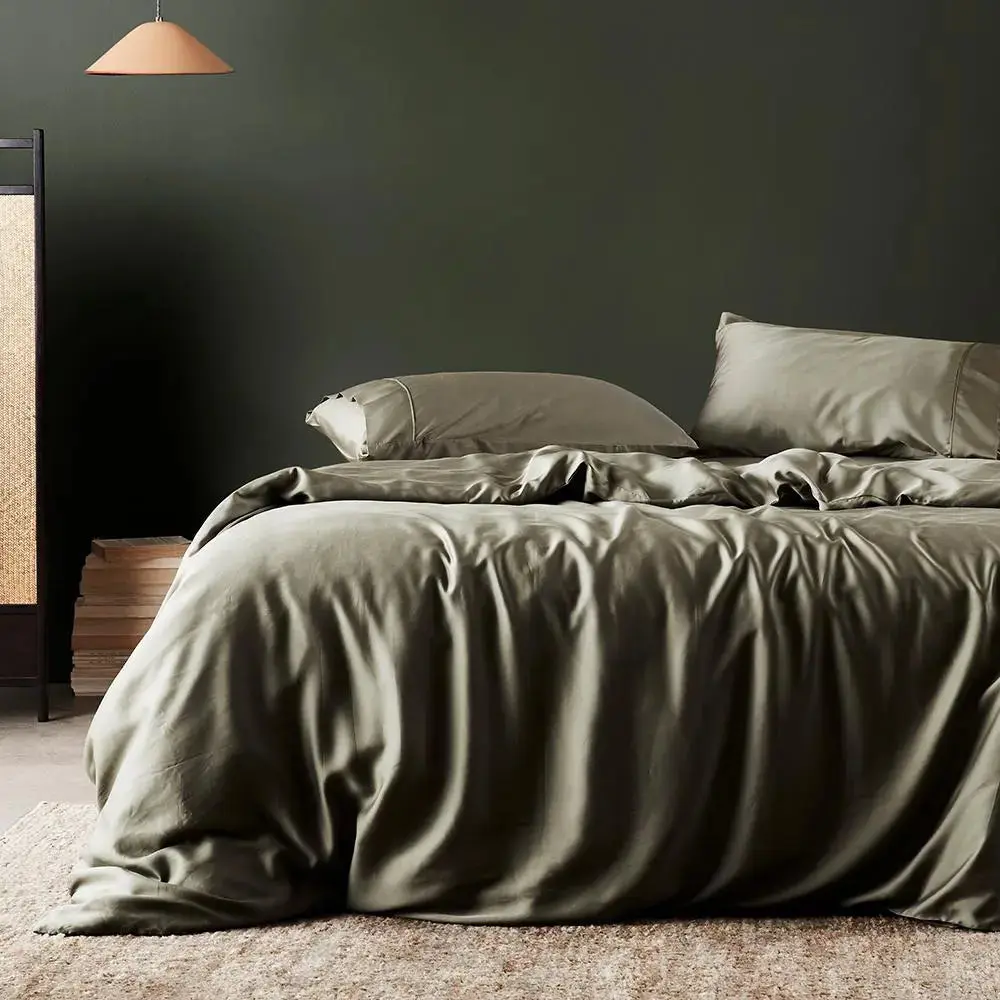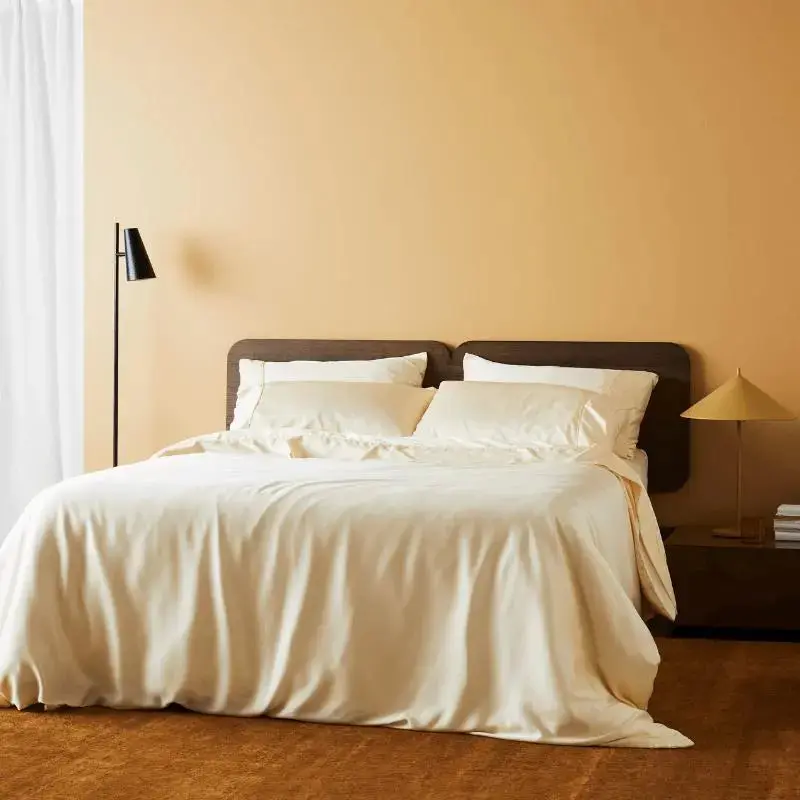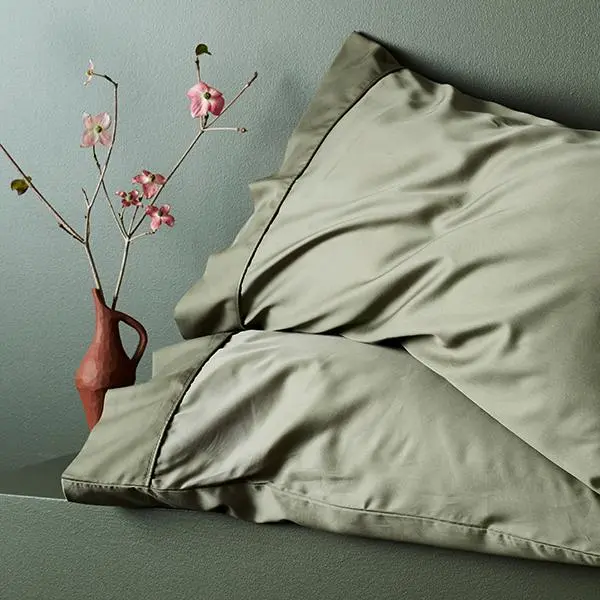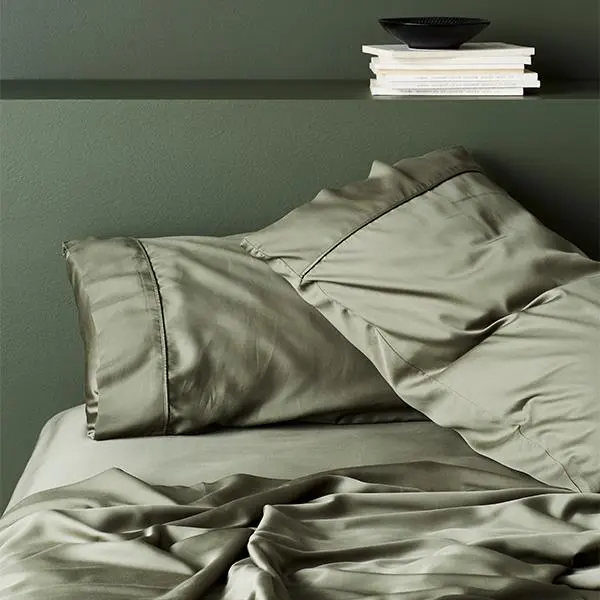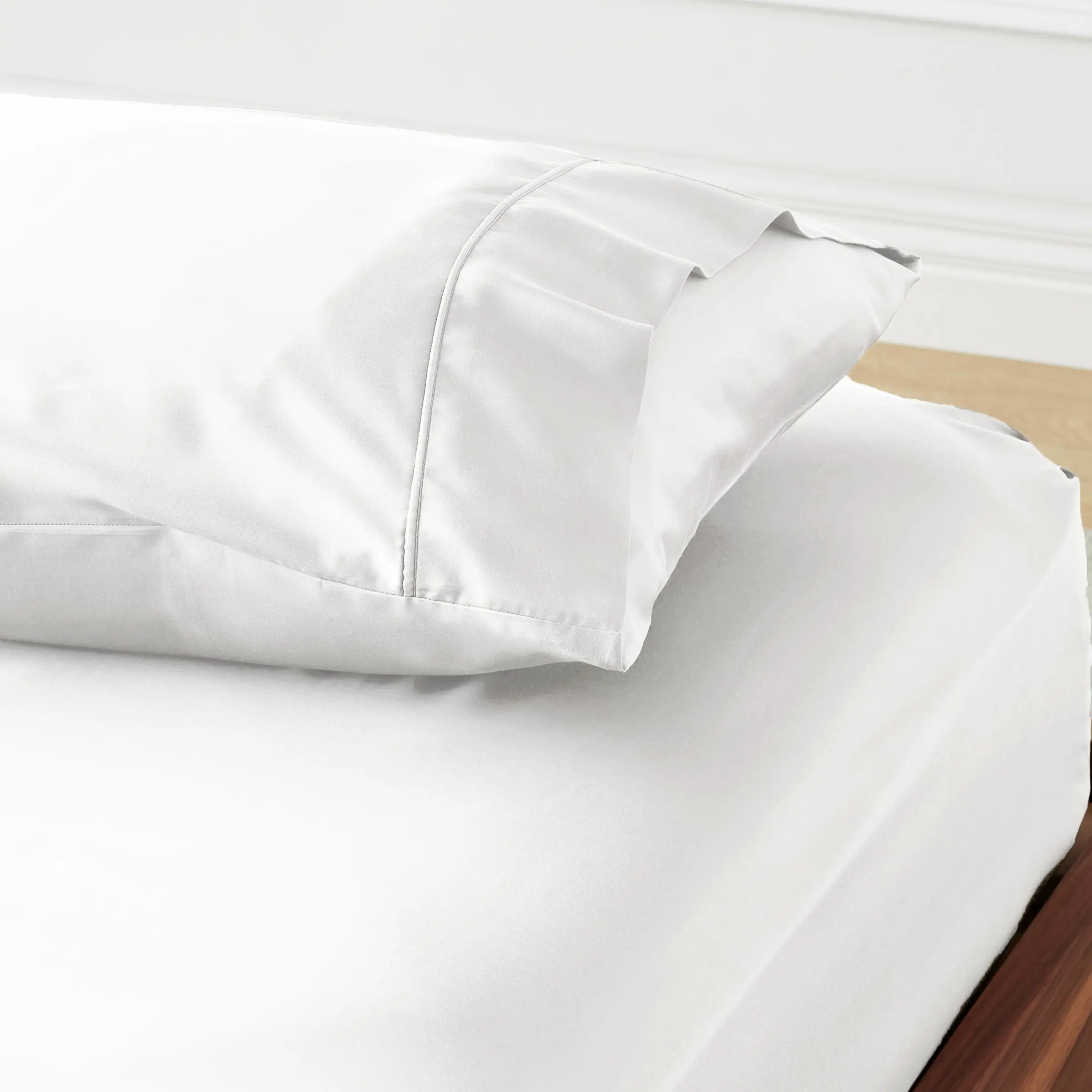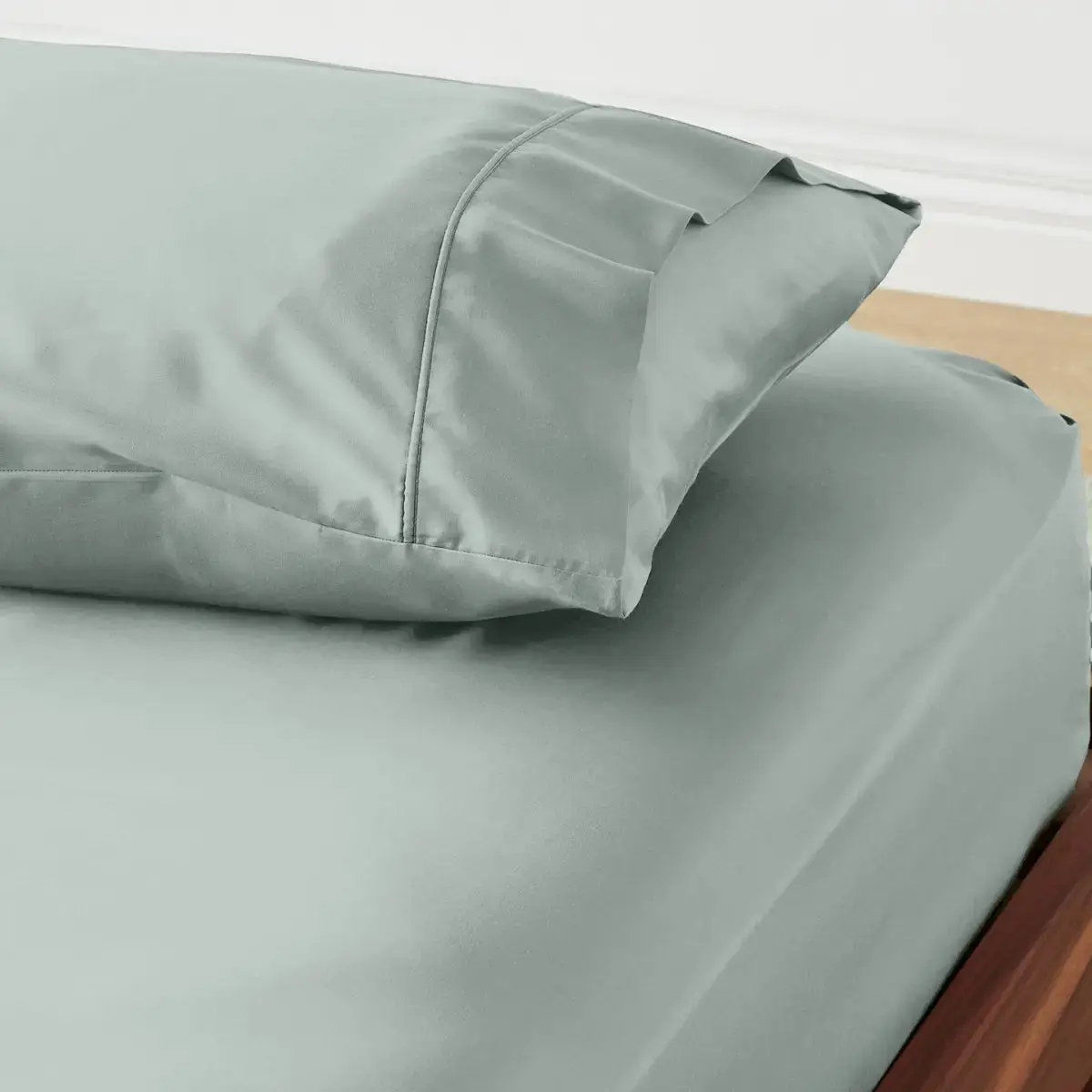As someone who has endured the discomfort of skin irritation and itching, I can attest that seemingly insignificant details can significantly impact our well-being. The sheets we curl in at night might be the culprits behind that nagging itch or persistent rash. In this comprehensive guide, I'll unravel the mystery behind skin irritation and how the right bed sheets can be a game-changer for your skin health.
Introduction to Skin Irritation and Itching
Skin irritation and itching can be more than just a minor annoyance. For many, it's a daily struggle that affects quality of life. Itching, medically known as pruritus, can lead to scratching that breaks the skin, causing pain and increasing the risk of infection. Skin irritation, on the other hand, can be a symptom of various conditions, ranging from dry skin to allergic reactions. Understanding the root cause of these symptoms is often the first step to finding relief.
What Type of Sheets are Best for Itchy Skin?
Regarding skin health, the importance of choosing the proper sheets cannot be overstated. We spend about a third of our lives in bed, in direct contact with our bedding. This extended exposure means that our sheets can either be a source of relief or aggravation for skin conditions. High-quality, skin-friendly sheets can enhance the healing environment for our skin, while the wrong ones can intensify irritation and lead to a vicious cycle of scratching and discomfort.
How the wrong bedding can cause skin irritation and itching
The wrong bedding can be a significant factor in skin irritation and itching. Scratchy, low-quality fabrics can create friction and chafing, while synthetic materials might trap heat and moisture, creating an environment ripe for skin irritation. Also, harsh chemicals and dyes used in manufacturing can linger in fabrics, potentially causing allergic reactions or contact dermatitis in sensitive individuals.
The connection between fabric type and skin health
The intimate relationship between the fabrics we choose and our skin's health is not to be overlooked. The type of material our sheets are made from can either soothe or exacerbate skin conditions. Natural fibers like cotton and silk are breathable and gentle, whereas synthetic fibers may increase sweating and irritation. Moreover, the weave and thread count of the fabric can influence its texture and how it interacts with our skin.
Benefits of hypoallergenic sheets for skin health
One of the most significant benefits of hypoallergenic sheets is their potential to minimize allergic reactions. These sheets are designed to repel common allergens like dust mites, pet dander, and pollen. Hypoallergenic sheets can be a sanctuary for those with sensitive skin or conditions like eczema, providing a barrier between the skin and irritants that can lead to inflammation and discomfort.
Best types of sheets to minimize skin irritation and itching
When seeking out the best types of sheets to minimize skin irritation and itching, focusing on natural, breathable materials is essential. Cotton, especially organic cotton, is widely praised for its softness and hypoallergenic properties. Bamboo sheets are another great option, as they are naturally antibacterial and moisture-wicking. Although initially rougher to the touch, Linen softens over time and is valued for its durability and ability to regulate temperature.
Tips for maintaining and washing your sheets
Maintaining and washing your sheets correctly is as important as choosing the material. Regular laundering is necessary to remove irritants such as dust mites and dead skin cells. It's recommended to wash sheets weekly in hot water to kill allergens and use a gentle, fragrance-free detergent to avoid chemical irritation. Additionally, avoiding fabric softeners and dryer sheets, which can leave a residue on fabric, is crucial for those with sensitive skin.
Additional lifestyle changes to minimize skin irritation and itching
Beyond selecting the right sheets, additional lifestyle changes can help minimize skin irritation and itching. Incorporating a humidifier into your bedroom can maintain moisture levels in the air, helping to prevent dry skin. Wearing loose, breathable clothing to bed and choosing hypoallergenic skincare products can also significantly affect skin comfort and health.
Where to buy skin-friendly sheets
Finding skin-friendly sheets has become easier with the growing awareness of the importance of sleep hygiene and skin health. Many retailers, both online and in physical stores, now offer a variety of hypoallergenic and organic bedding options. Look for certifications like OEKO-TEX or GOTS to ensure the sheets meet strict health and environmental standards.
Conclusion and final thoughts
In conclusion, choosing the right sheets is a simple yet effective step toward minimizing skin irritation and itching. By understanding the impact of fabric type and proper sheet maintenance, we can create a sleep environment that supports our skin's health. Remember, the best sheets are those that feel comfortable and contribute to your overall well-being. Investing in quality, skin-friendly bedding is an investment in your health, comfort, and peace of mind.



